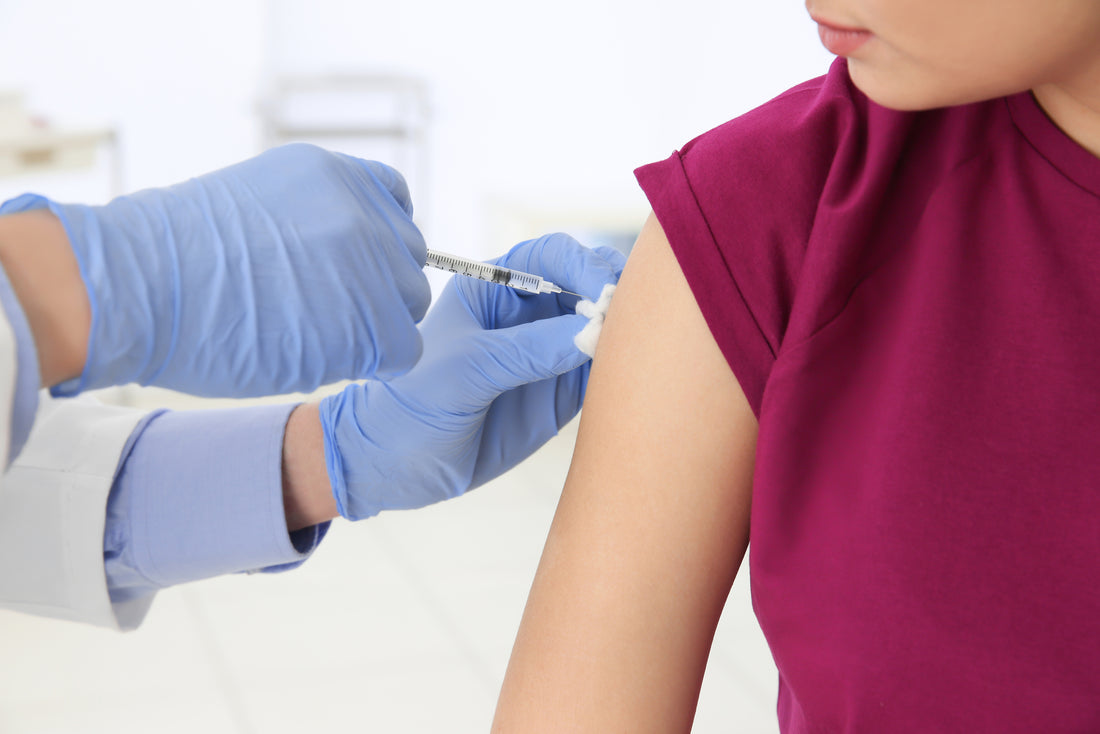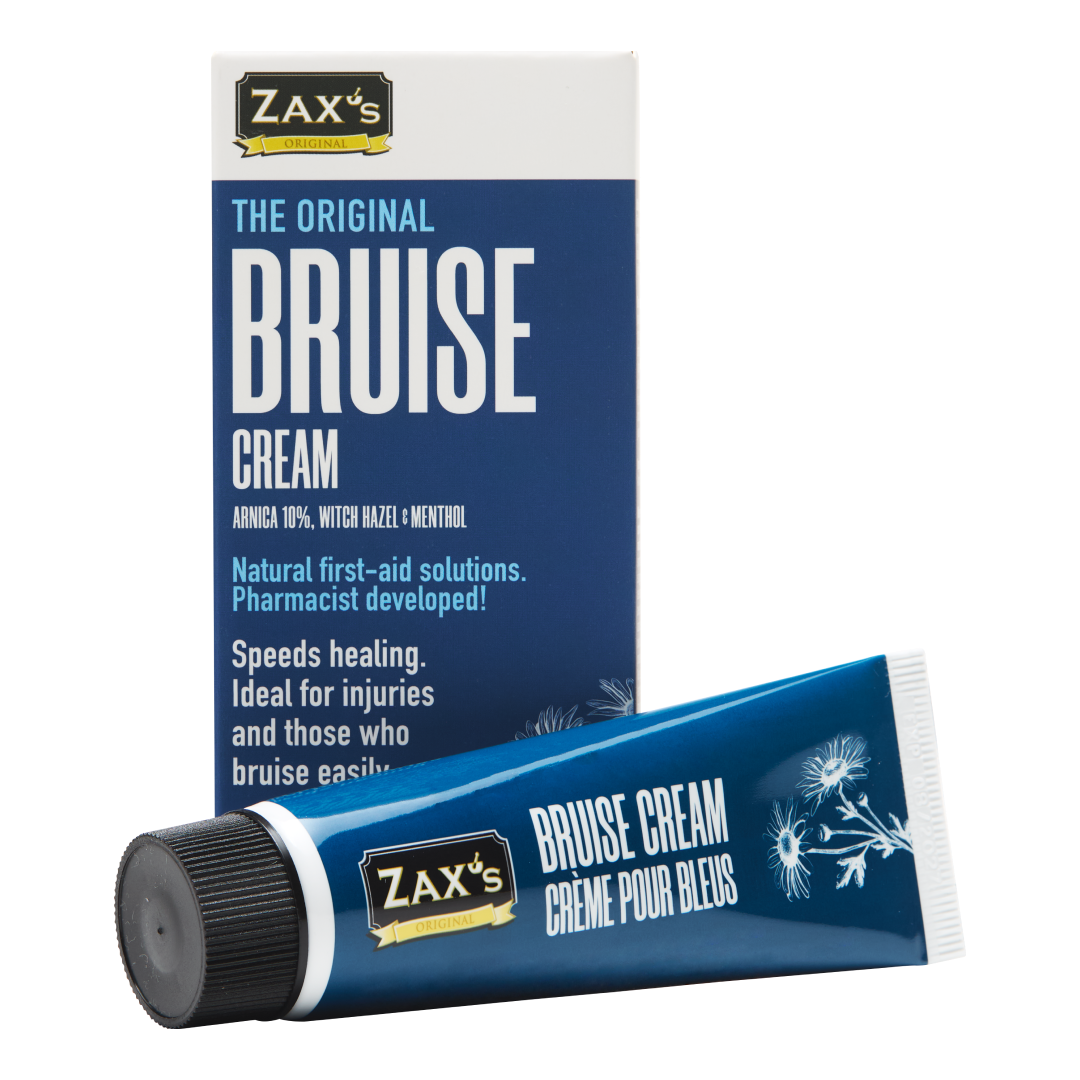There is much buzz these days about vaccinations since the impact of Covid-19 and other current influenza viruses around the world. Some are used to getting vaccines whether it is for the flu, shingles or some of the other one’s available to patients. However, for those who aren’t used to getting needles, the side effects, most commonly a sore arm following the injection can be very bothersome.
In general, the soreness after a vaccine is quite normal. The injection site, most commonly the upper area of your arm can be sore, red and/or swollen. This is often due to your muscle reacting to the liquid in the vaccine that was injected into the arm. Some vaccines such as the Covid-19 vaccine and HPV vaccine in particular, has been documented that the second (or additional) shot side effects can be slightly more noticeable.
Other side effects from many vaccines can also include fever, chills, headaches and tiredness. If you are experiencing worsening of symptoms that persist or don’t go away, spreading of a rash down your arm or difficulty breathing, seek medical attention. Otherwise, the sore arm will last only a few days and with the help of these tips you can find some pain relief and get some comfort in knowing you’ve protected yourself and your community.
- Apply cold first and then warm compresses – Immediately after a vaccine it is recommended to apply a cold compress such as an ice pack or even a cool spoon to help reduce any swelling to the injection site. After a few days, a warm compress such a heating pad or warm towel can help relax your arm muscle and increase blood flow.
- Use topical pain-relieving / anti-bruising creams – There are many natural ingredients that can be applied topically to help reduce pain and soreness from vaccinations. Arnica and Witch Hazel helps decrease swelling and pain and Menthol can provide a cooling relief. Next time you receive a vaccine or shot, apply our Zax’s Original Bruise Cream regularly for a few days. Don’t get vaccinated without it!
- Consider over-the-counter pain-relieving medications – Over the counter pain medications such as acetaminophen or ibuprofen can be taken orally to help with arm pain and soreness. It’s important that you only take pain medications after you’ve had the vaccination and not before. These medications should only need to be taken for a day or two after a vaccination. If the pain persists, seek medical attention.
- Move your arm as much as possible – It’s important that you keep moving your arm as much as possible throughout the following few days after a vaccination to help with inflammation and muscle stiffness. This will help decrease the pain and inflammation by getting blood flowing to the area of injection.
Written by Alyssa Rolnick, Co-Founder of Zax’s Original Products, Registered Dietitian and Mother of 3 active kids.


